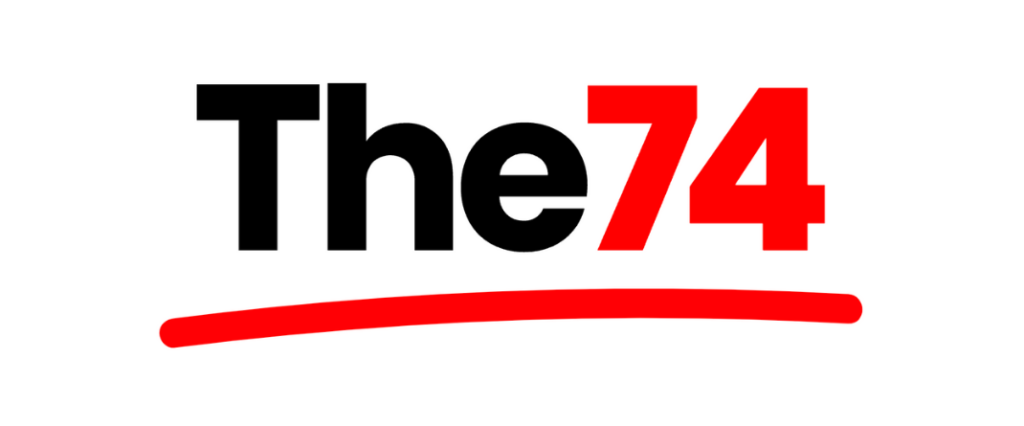Randomized Controlled Trials
Randomized controlled trials are the gold standard in research, driving some of the most important advances in fields like technology and medicine—and we’re using them to do the same in education.
A randomized controlled trial, or RCT, produces rigorous causal evidence about the efficacy and impact of policies and programs. RCTs randomly assign participants to either a “treatment group” that is offered the intervention or a “control group” that has access to all other services except for the intervention. Because of the way they are designed, RCTs provide the best possible counterfactual to compare against when evaluating the impact of a program.
RCTs are the FDA standard for clinical trials of drugs and medical devices, form the backbone of A/B testing methodology that companies like Google use to develop more effective technology, and are at the vanguard of the growing movement towards evidence-based policy, which calls for policy to be based on the best available research.
The Education Lab uses RCTs as our preferred method of project evaluation wherever possible. While RCTs can be time and resource intensive, they generate high-quality results to ensure that our partners and policymakers can make informed decisions about how to best support students.
Latest Updates
A Promising Start for Personalized Learning in Miami-Dade
Griffin Catalyst highlights its three-year gift to the Education Lab to bring an innovative, high-dosage, math tutoring initiative to middle schools in Miami-Dade County to support and accelerate student learning in the wake of the COVID-19 pandemic. Initial results from the program are promising, suggesting that this approach can help tackle learning loss and enable students to catch up to grade level.

Why tutoring is a logistics problem worth solving
The National Student Support Accelerator’s (NSSA) Susanna Loeb and the Education Lab’s Monica Bhatt highlight the ways districts can stay the course on using high-dosage tutoring as a research-backed lever for strengthening teaching and learning.

Months After Deep Cuts, Education Researchers See Reason for Cautious Optimism
In a recent piece from The 74 Media’s Greg Toppo, Education Lab Senior Research Director Monica Bhatt discusses why continued investment in education R&D matters: To drive better outcomes for students and to strengthen America’s global competitiveness.

